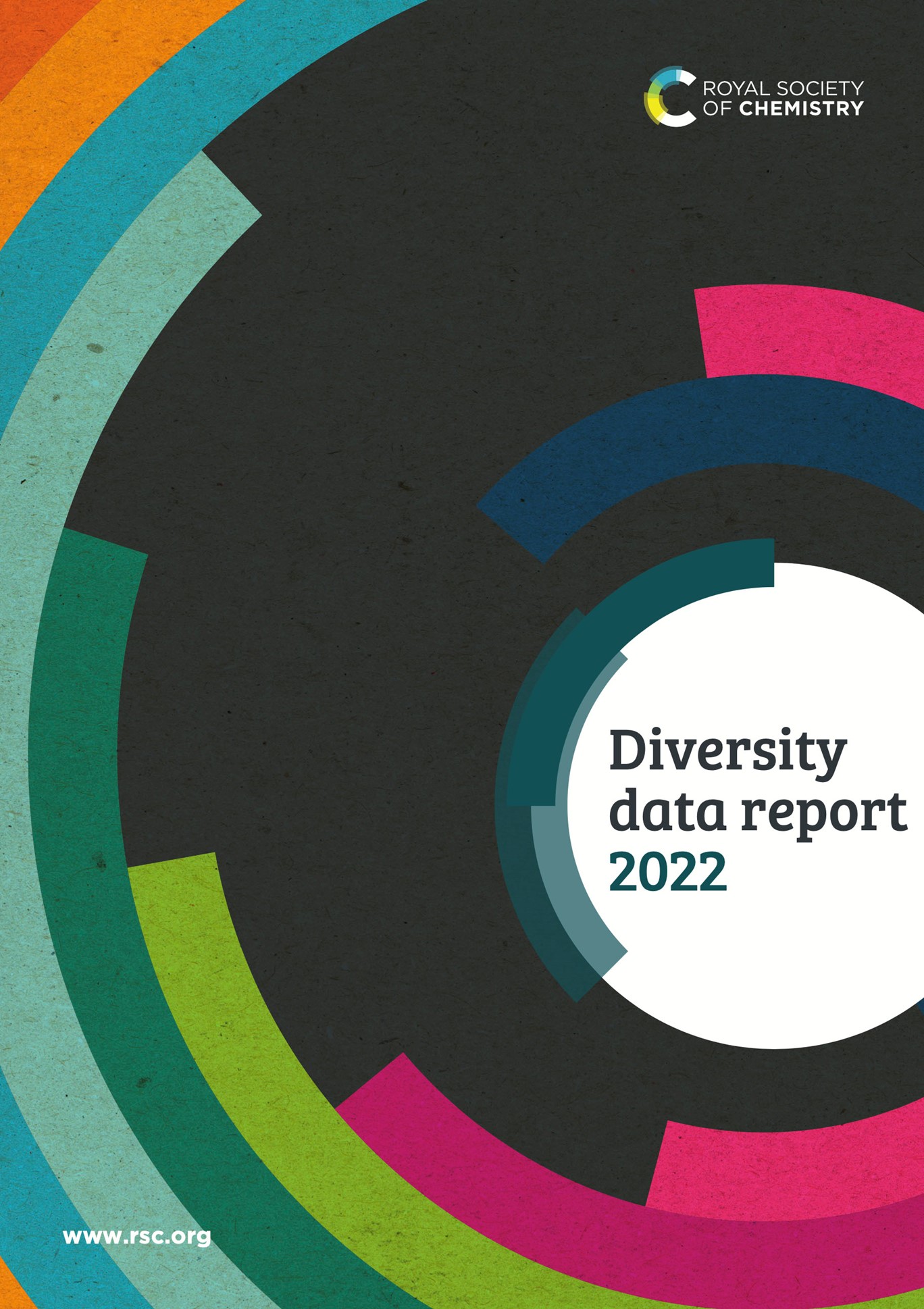Royal Society of Chemistry publishes latest Diversity Data Report

As set out in our inclusion and diversity strategy to 2025, we are publishing our latest diversity data report to continue to shine a light on the make-up of the chemical sciences community – we base all of our actions and positions on quantitative and qualitative data and evidence, and this allows us to track progress.
Professor Marina Resmini, chair of the Royal Society of Chemistry Inclusion and Diversity Committee said: “This diversity data report is another important step in the RSC delivering on its commitment to being transparent in the way we gather, use and report data. Alongside my colleagues on the Inclusion and Diversity Committee, I am proud to see other organisations across the scientific community supporting our work to enable inclusive access and progression in the chemical sciences.
“We remain committed to leading the urgent need for change on a growing number of fronts – our global society faces numerous challenges, from gender to race and ethnicity, and socioeconomic inclusion.
“This report is only as good as the data it is able to present. Higher response rates provide a fuller data set and allow the RSC to proceed in making the necessary improvements for inclusion in the chemical sciences with confidence. I urge the community to engage with this report, to engage with the RSC and their data collection when and where possible. By working together we can ensure that chemistry truly is for everyone.”
Methodology and commitments
This report does not include a trend analysis comparing data from 2020 and 2022. Having updated the questions between the two reports, sensible direct comparisons between the data sets are not possible. The data set of the 2022 report is also much broader in scope.
We will use this data to work with individual teams and departments across the Royal Society of Chemistry. We will enable them to understand what the data shows and make appropriate changes to their projects and initiatives to be as inclusive as possible.
Driving change in the chemical sciences
Visit our Diversity Data Pages for more information on our work to make the chemical sciences inclusive and benefit from the diversity of our global community.